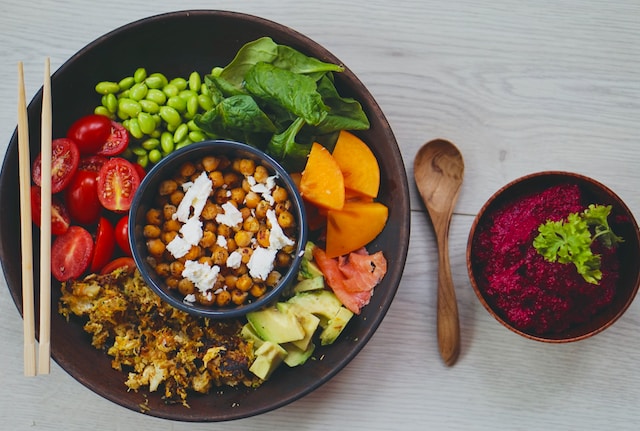When it comes to managing chronic pain, making dietary changes can be a powerful tool in your arsenal. Certain foods have been found to possess anti-inflammatory properties and can help reduce pain and inflammation in the body. At Total Care Medical Centers, our experts understand the vital role of nutrition in pain management. In this article, we will provide you with an expert’s guide to foods that can help reduce inflammation and manage chronic pain effectively.
Understanding the Link between Diet and Inflammation
Inflammation is a natural response by the body to protect against injury or infection. However, chronic inflammation can contribute to the development and exacerbation of pain. Certain foods have been shown to either promote or reduce inflammation, making dietary choices a crucial factor in managing pain effectively.
Foods to Incorporate for Pain Management
- Fatty Fish: Rich in omega-3 fatty acids, fatty fish such as salmon, mackerel, and sardines possess potent anti-inflammatory properties. Omega-3 fatty acids have been shown to reduce the production of inflammatory compounds in the body, potentially alleviating pain associated with conditions like arthritis.
- Colorful Fruits and Vegetables: Fruits and vegetables are packed with antioxidants and phytochemicals that help combat inflammation. Opt for a wide variety of colorful options like berries, cherries, leafy greens, and bell peppers to benefit from their anti-inflammatory properties.
- Whole Grains: Whole grains like brown rice, quinoa, and whole wheat are rich in fiber and have a lower glycemic index compared to refined grains. They provide sustained energy and can help regulate blood sugar levels, reducing the risk of inflammation associated with insulin resistance.
- Healthy Fats: Incorporate healthy fats from sources like avocados, nuts, seeds, and olive oil. These fats contain monounsaturated and polyunsaturated fats, which have been shown to have anti-inflammatory effects and promote overall health.
- Spices and Herbs: Certain spices and herbs possess potent anti-inflammatory properties. Turmeric, ginger, garlic, cinnamon, and rosemary have been studied for their ability to reduce inflammation and provide pain relief.
- Green Tea: Green tea contains polyphenols, which have been associated with anti-inflammatory effects. Drinking green tea regularly may help reduce inflammation and promote overall well-being.
Foods to Limit or Avoid
While some foods can help manage pain, others may contribute to inflammation and should be limited or avoided. These include:
- Processed Foods: Processed and packaged foods often contain unhealthy fats, added sugars, and artificial additives that can promote inflammation. Limit your intake of processed snacks, sugary beverages, and fast food.
- Trans Fats: Trans fats are known to promote inflammation and increase the risk of chronic diseases. Avoid foods high in trans fats, such as fried foods, margarine, and commercially baked goods.
- Excessive Sugar: High intake of refined sugars and sugary beverages can lead to inflammation and exacerbate pain. Choose natural sweeteners like honey or opt for fruits to satisfy your sweet tooth.
- Alcohol: Excessive alcohol consumption can contribute to inflammation and interfere with sleep patterns, exacerbating pain symptoms. Limit alcohol intake or avoid it altogether for optimal pain management.
Consulting with a Healthcare Professional
While incorporating these dietary changes can be beneficial, it’s important to remember that everyone’s nutritional needs are unique. Consulting with a healthcare professional, such as the experts at Total Care Medical Centers, can provide personalized guidance and ensure that dietary modifications align with your overall health and any specific medical conditions you may have.
By adopting a holistic approach to pain management that includes dietary changes, you can take control of your health and potentially reduce inflammation, alleviate pain, and improve your overall wellbeing.


